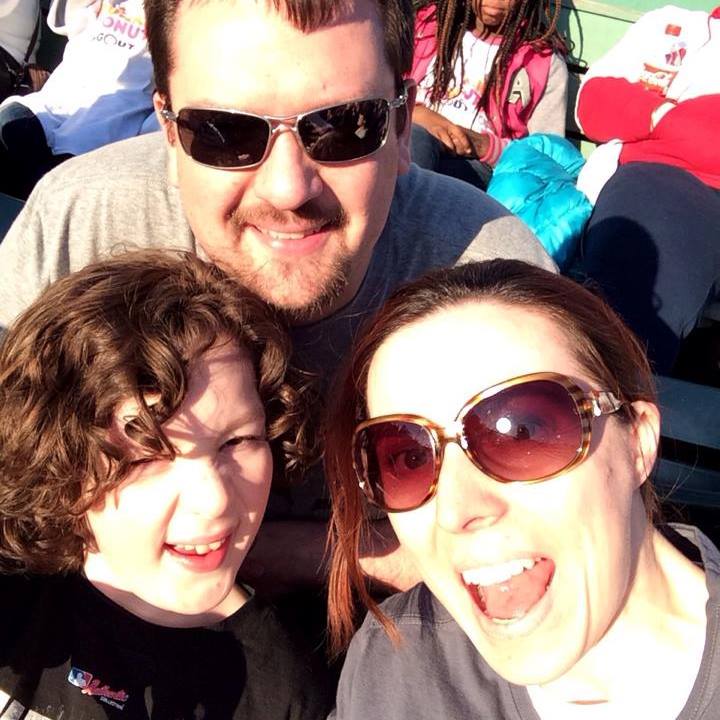 Attending the Family Leadership Series has been life changing, just as my friend Patricia had said. I have, for most of Caleb’s life, defined myself as a special needs parent. I have framed all of my goals around his special needs and his special education rights. My child’s needs aren’t all special, nor are his rights…my child still has basic human needs and basic human rights. People seem to forget that. I sure did. Doesn’t that sound awful?
Attending the Family Leadership Series has been life changing, just as my friend Patricia had said. I have, for most of Caleb’s life, defined myself as a special needs parent. I have framed all of my goals around his special needs and his special education rights. My child’s needs aren’t all special, nor are his rights…my child still has basic human needs and basic human rights. People seem to forget that. I sure did. Doesn’t that sound awful?
When people ask me what I want for my child I say I want him, happy and loved. In my head I am thinking, safe and protected. I think most people think “safe and protected” when they think about what we owe to those with special needs or intellectual disability. And we do owe them a safe place to live, we owe everyone a safe place to live. My child doesn’t have a special right to not be abused…that is a basic human right. My child doesn’t have a special need for a home…that is a basic human need. Does my child need special accommodations to achieve these basic rights and needs. Yes, he does.
None of us trust in the inherent goodness of others to protect our children when they are out in the world. We teach them (hopefully) to protect themselves. My son may not ever be able to do that. My son may, like many with intellectual disability, be under the impression that friends don’t hurt us. That’s a pretty reasonable belief. Friends don’t hurt us. But what if someone we think is our friend, hurts us? You and I could say, that person isn’t our friend and we wouldn’t let it happen over and over (hopefully.) This is where Caleb has a special need. If he believes friends don’t hurt us, and a friend hurts him then clearly…well, in his mind, then he couldn’t have been hurt because a friend wouldn’t do that. It’s absolute thinking. It makes him a rule follower, it also makes it impossible for him to protect himself as fully as you or I.
So, in order to protect his basic human rights and needs, he will need special accommodations. He will need someone to make sure he isn’t being hurt physically or emotionally. He will need someone to make sure he isn’t robbed blind. The entire conversation about Caleb and his future are so much different with this one change in thinking. Caleb has basic human rights, he has the same basic human needs as I do…as you do…he needs special accommodations to provide for that. No more, no less.
By focusing on special needs or special education, I have been shortchanging my child. I’ve been limiting his world. Have I been limiting it for the right reasons? I guess, if there’s ever a “right reason” to not insist on protecting your child’s basic rights, it would be love…and I do love him so. My parents don’t love me any less, though, and though I know it has hurt their hearts to watch me struggle and fall…they’ve never questioned if it was right to “allow” it or not. My son has that same right. He deserves (what is now my favorite phrase ever…) the dignity of risk.
A new friend I met through the Family Leadership Series commented regarding her son who is home bound and home schooled…that she is institutionalizing him at home. Ouch! But what an amazing observation. I have always wanted more for Caleb than an institution, so why am I planning his days and his future with just a slightly modified version of that for him? Why continue to separate him rather than insist on him being included? Why am I not pushing to open the whole world to him?
“Dunno,” seems like a pretty crappy answer. “It’s easier,” is even worse.




